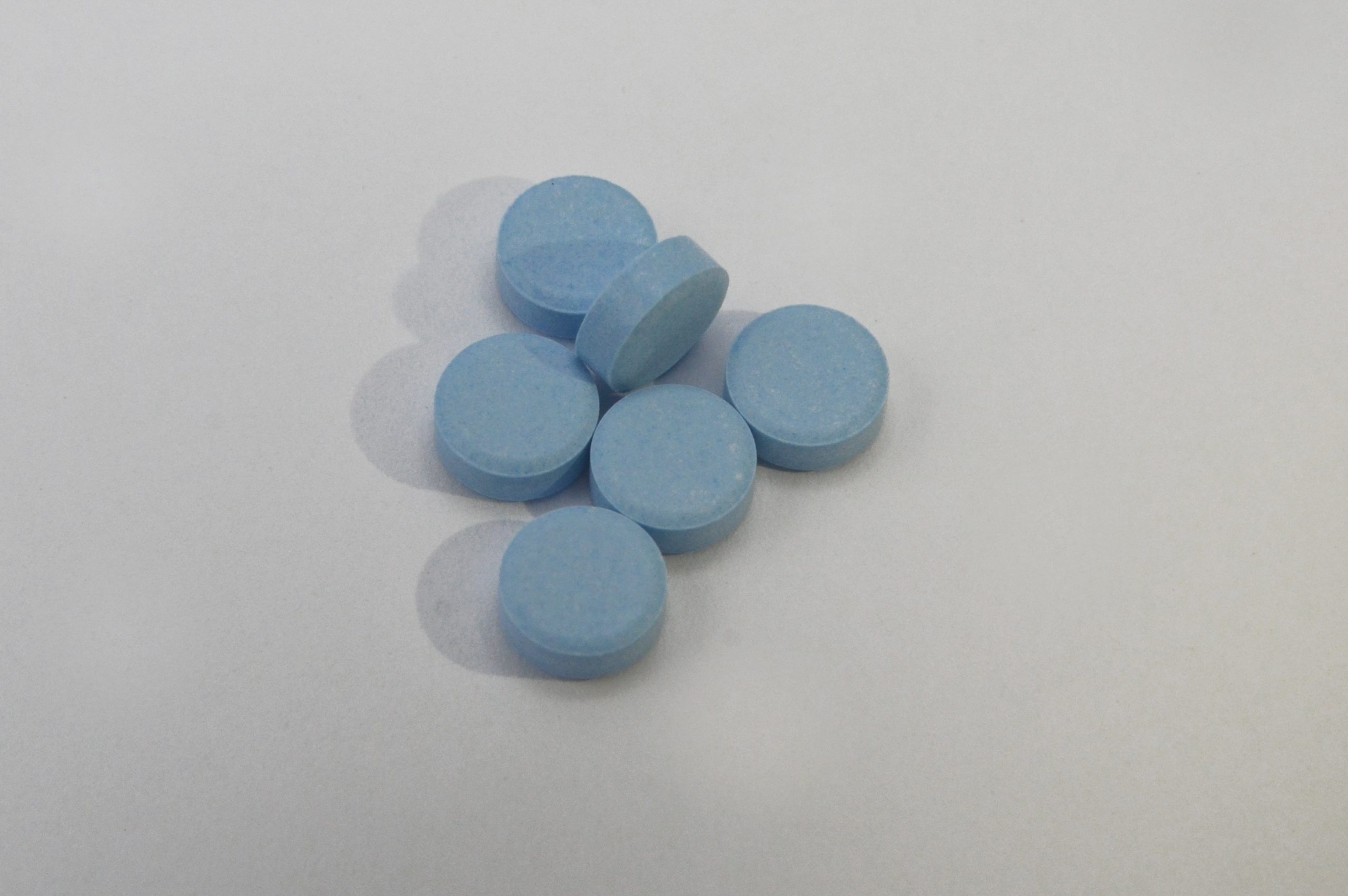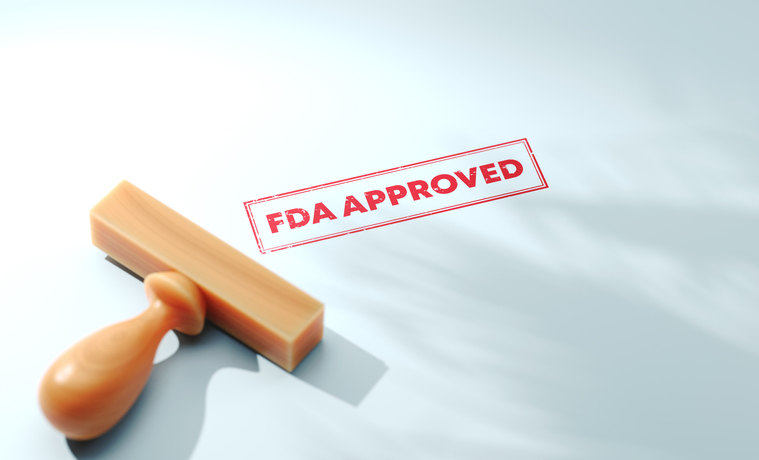
Researchers compared the safety and efficacy of two direct oral anticoagulants (DOACs), apixaban and rivaroxaban, against warfarin for the management of atrial fibrillation and venous thrombosis in patients who recently underwent cardiac surgery.
The study’s lead author, Kushal Naik, reported apixaban and rivaroxaban had a similar safety profile relative to a matched cohort of patients treated with warfarin. Findings of the study were presented in the Journal of Cardiac Surgery.
Apixaban and Rivaroxaban Comparable to Warfarin
This retrospective cohort study included 97 patients each in a DOAC and warfarin cohort. All participants were aged 18 years or older and were discharged while on rivaroxaban, apixaban, or warfarin within 7 days of undergoing cardiac surgery.
The primary end point of the study was incidence of major bleeding, per International Society on Thrombosis and Hemostasis (ISTH) criteria, during hospitalization and for 30 days post-discharge or until first follow-up visit.
According to the report, a total of 4 (4.1%) patients in the apixaban or rivaroxaban groups had major bleeding events compared with 2 (2.1%) patients in the warfarin cohort (P=.68). In addition, authors noted zero patients in the DOAC groups experienced a thrombotic event, while 2 (2.1%) patients in the warfarin cohort did (P=.5).
The authors ultimately concluded “there was no statistically significant difference in ISTH major bleeding or thromboembolic events between the two groups.”
Naik and Colleagues suggested their promising findings on DOACs emphasized the need for prospective trials to verify the safety and apixaban and rivaroxaban in patients who recently underwent cardiac surgery.







 © 2025 Mashup Media, LLC, a Formedics Property. All Rights Reserved.
© 2025 Mashup Media, LLC, a Formedics Property. All Rights Reserved.